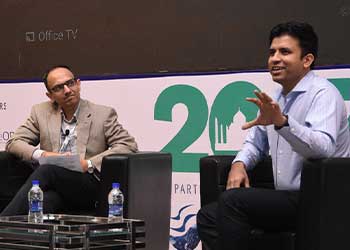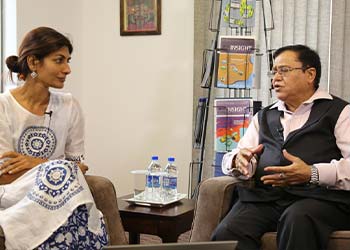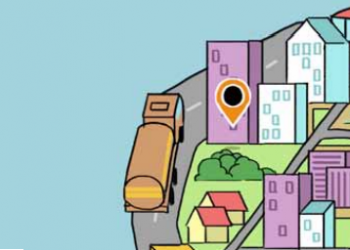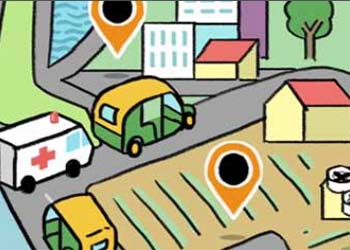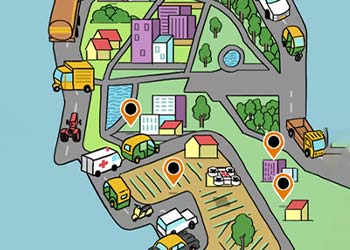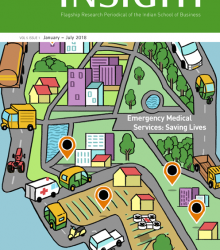Access and Change: Health 3.0
The recent Health 2.0 Conference, co-organised by the Max Institute of Healthcare Management at the Indian School of Business, brought together a range of stakeholders – entrepreneurs, investors, healthcare providers and others – interested in the future of healthcare technology. One of the highlights of the day-long event was a free-wheeling, on–stage conversation between Professor Sarang Deo, Associate Professor of Operations Management and Executive Director of the Max Institute of Healthcare Management and Shashank ND, Founder and Chief Executive Officer (CEO), Practo. The edited transcript of the discussion follows.
Read more

